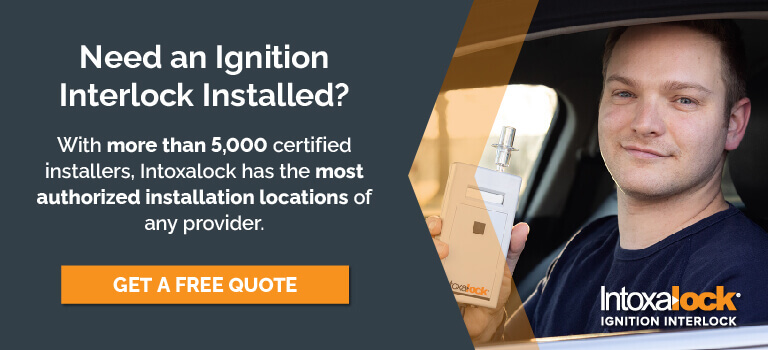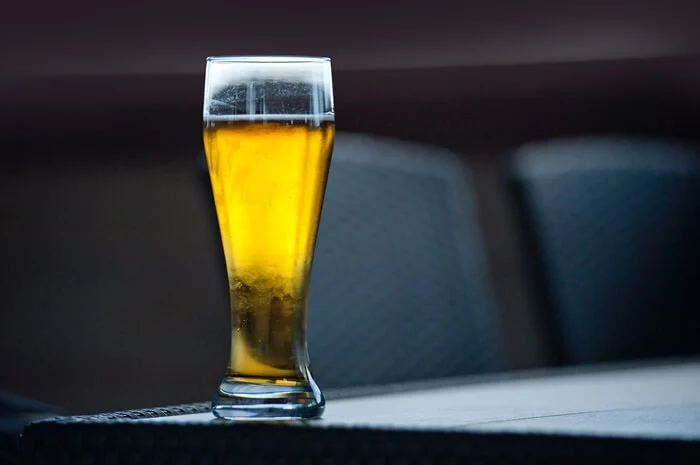What is a Hardship License vs. Restricted License Comparison
One of the most difficult consequences of a drunk driving arrest can be losing the ability to drive legally. In many states, your driver’s license will be suspended or revoked as a result of a drunk driving conviction. This penalty can make it hard to get to work, school, family obligations and more.
Fortunately, installing an Intoxalock ignition interlock device (IID) in many states allows you to get back on the road safely and legally, and get back to your life. Many states require you to apply for a hardship driver’s license or restricted driver’s license, sometimes in addition to installing an IID. So what is a hardship license? This type of license may be referred to differently depending on your state. Common terms include hardship license, IID limited license, restricted license, interlock license, and more.
While a standard driver’s license allows you to drive a vehicle anywhere you like at any time, a hardship or restricted license has certain limitations. Learn more about these special licenses and what, if anything, is the difference between a hardship and restricted license.
Defining Restricted Licenses
A restricted driver’s license is an option for some drivers as an alternative to having a suspended driver’s license after a drunk driving conviction. Drivers with a restricted license can drive with limitations, while drivers with a suspended license are not able to legally drive at all.
Typical requirements of a restricted license include limits on where and when the driver can operate a vehicle along with installing a car breathalyzer like Intoxalock.
Restrictions in some states may limit a you to only driving a certain number of hours per week, driving in certain counties or municipalities, or driving to and from places like work, school/college/university, church, substance abuse education counseling or courses, medical appointments and places necessary to the maintenance of a household (grocery store, gas station, pharmacy, laundromat, etc.).
This means a driver on a restricted license typically may not drive to social or recreational gatherings or operate a commercial vehicle.
The process for restricted licenses is different in each state. Typically, restricted licenses are granted by a state administrative agency or a court on a case-by-case basis and are not available in all states. If you break any of the restricted license guidelines set by your state, you’ll likely incur more fines, lose your driving privileges altogether, spend additional time with an IID requirement and/or risk potential jail time.
States with restricted licenses include California, Texas, Washington, Virginia and Iowa.
Are Hardship Licenses Different?
A hardship license is effectively the exact same thing as a restricted license — it is a limited driver’s license granted on a case-by-case basis after an application for drivers with suspended or revoked licenses. The only difference is the name.
The term “hardship” is used because the application for one of these licenses typically requires you to name the hardships face if you can’t drive:
- Obtaining medical care
- Getting to and from work
- Attending school or an educational program
- Attending court-ordered counseling or substance abuse programs
These same rationales often apply to restricted licenses — the only distinction is in the name. States with hardship licenses include Florida, Indiana, Arkansas and Kentucky.
Other states or administrative entities have different terminology. Wisconsin uses the term “occupational license” and New Hampshire uses “Cinderella license” to describe the same thing.
While each state’s laws vary, these licenses are reviewed and offered on a case-by-case basis. Not all states permit restricted licenses, and you must often apply for and prove your need to have a restricted license.
All-Offender Ignition Interlock Laws
The number of exceptions and limitations on drivers with restricted or hardship licenses are difficult for state agencies and law enforcement to manage.
How can a police officer really be sure if a driver is going to the pharmacy to pick up a vital prescription or going to meet friends at the bar? How can a driver keep track of which counties, how many hours and which places they’re allowed to drive?
The simple solution for states and for drivers is to adopt an all-offender ignition interlock law — a law requiring all first-time (and beyond) drunk driving offenders to install an ignition interlock device like Intoxalock. With an all-offender law, drivers are most effectively prevented from drinking and driving again and regulations can be simplified for state agencies.
During the past few years, more states have considered and adopted all-offender laws, as drunk driving continues to be a problem on our nation’s roads. Kentucky is the most recent state to adopt an all-offender law. Learn more about how states can create the most effective interlock law to save lives and why all-offender laws are part of that solution.
For more information about an Intoxalock ignition interlock device, call our state specialists at 833-623-0200.




